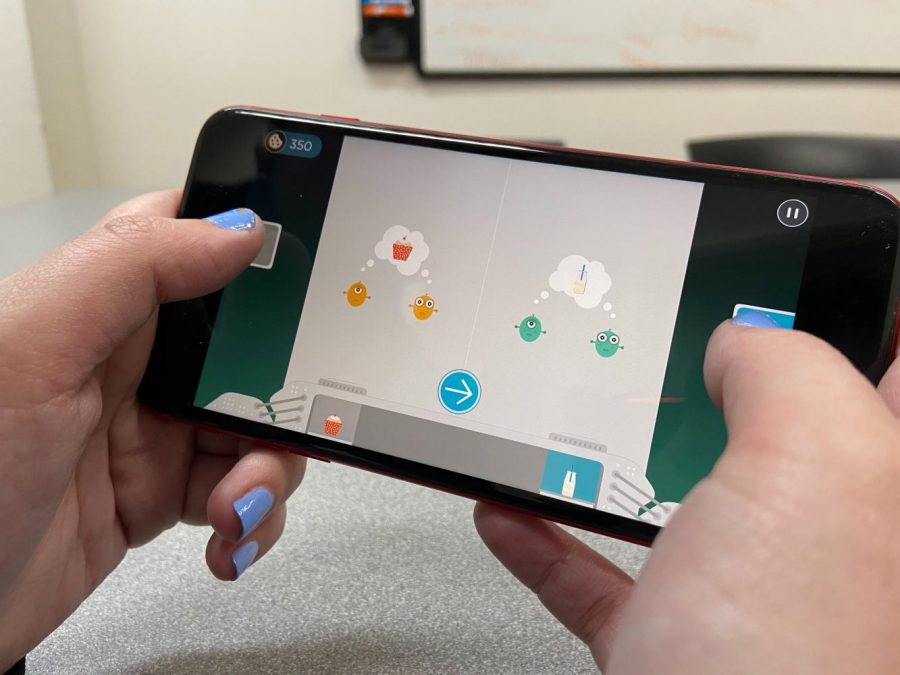Three research-based game apps co-programmed by an NYU Steinhardt professor along with professors from the City University of New York and the University of California, Santa Barbara have been proven to develop cognitive skills, as determined by studies on the apps’ effectiveness.
The games were all developed at NYU Create — a consortium combining education and gaming app technology. The first game, Gwakkamole, trains inhibitory control, which enables people to control their impulses. The second game, CrushStations, develops working memory, the part of short-term memory that stores information currently in use, like recalling a phone number. The third, All You Can ET, trains cognitive flexibility, the ability to multitask or mentally switch between two concepts.
“We want to show that [ … ] these kinds of technologies can improve your cognitive function [and] can improve your learning,” NYU Steinhardt professor Jan L. Plass, a co-developer for the games, said.
Plass worked with Professor Bruce D. Homer from the City University of New York and Professor Richard E. Mayer from the University of California, Santa Barbara.
“Our research shows that playing a game such as All You Can ET for two hours can help students improve the executive function of skills being able to switch efficiently between tasks,” Mayer said.
For one of the games, All You Can ET, app users need to feed a monster based on the monster’s preferences. As players progress through the game, the monsters change their desires more frequently, thus increasing the difficulty of the game.
“We found that even after 20 minutes [of All You Can ET], you see first signs of improvements in executive functions on measures that psychologists use,” Plass said.
The project was funded by the U.S. Department of Education through its Institute of Education Sciences with the aim of Plass and his colleagues have done this research for nearly four years with the aim of discovering whether or not cognitive skills can be developed through video games. The funding represents a push for game-based learning from the department.
“Many strong claims are made for the potential of computer games to revolutionize education, but I wanted to take a research-based approach to systematically test these claims,” Mayer said. “We want to develop games that are grounded in a cognitive theory of how people develop skills.”
The games are all free and currently accessible on the Apple Store and Google Play. Additionally, the researchers created a handbook outlining the studies on game-based learning as well as research results from their own gaming studies which became available last week.
Several Tandon students who used the game and claimed to be familiar with the programming technology used for the games commented on their enjoyment of them.
“Programming the app seems not very difficult,” Tandon first-year Zihan Zhang said, after playing the games for 10 minutes. “As you play longer, you can feel that you are better at it.”
But Tandon first-year Hongyi Zheng does not think the apps will become popular enough to prove effective.
“Gwakkamole is similar to ‘Poke a Mole.’ I think there is not much difference between these three apps and the other ones,” said Zheng, “I don’t think people will spend two hours playing it.”
Zheng’s claims could be affirmed by a 2016 study which found that, on average, college-aged students have 10-15 minute attention spans. Regardless, Mayer indicated that the research is ongoing and the group’s next goals are to convert the games into virtual reality.
A version of this article appeared in the Monday, February 10, 2020, print edition. Email Silvia Gui at [email protected].























































































































































